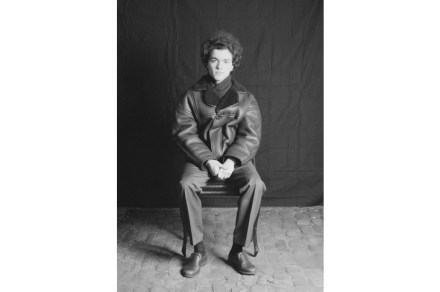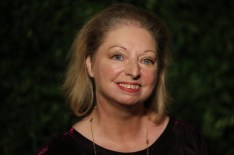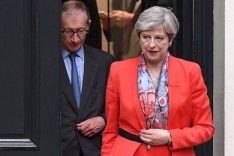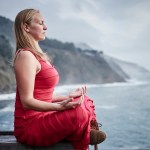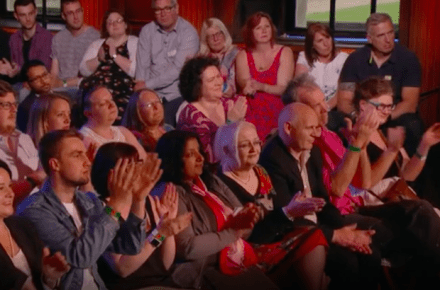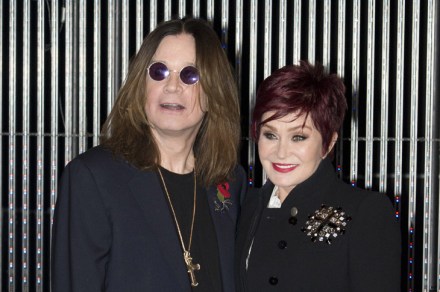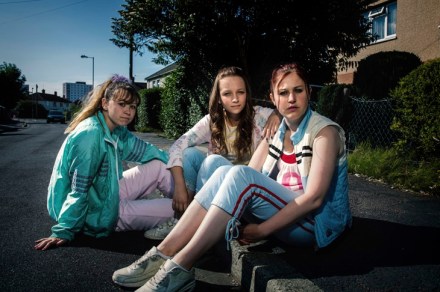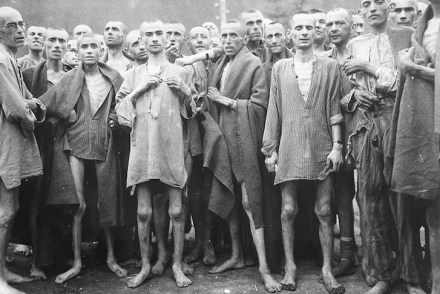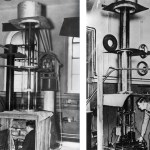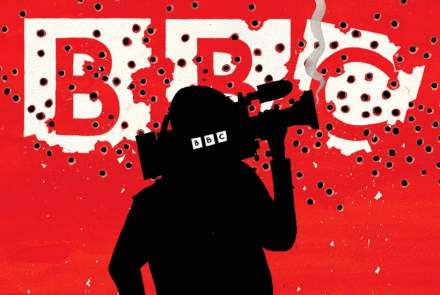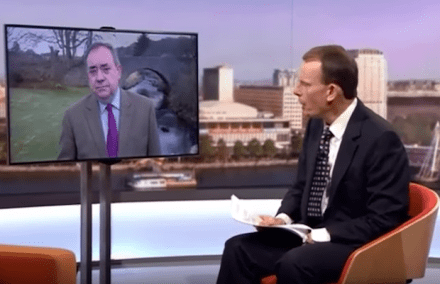Kissin in action
Is Evgeny Kissin, born in Moscow in 1971, the most famous concert pianist in the world? Probably not, if you stretch the definition of ‘concert pianist’ to encompass the circus antics of Lang Lang, the 34-year-old Chinese virtuoso who — in the words of a lesser-known but outstandingly gifted colleague — ‘can play well but chooses not to’. But you could certainly argue that Kissin has been the world’s most enigmatic great pianist since the death of Sviatoslav Richter in 1997 – though, unlike the promiscuously gay Richter, his overwhelming concern with privacy does not conceal any exotic secrets. He has recently married for the first time, but chooses not
